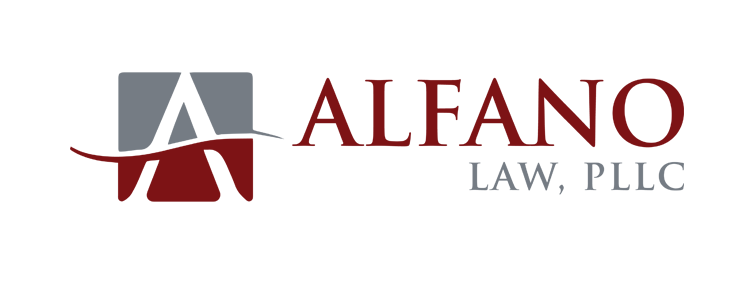What Are Your Options For Collecting Delinquent Fees?
PRIVATE ROADS IN NH SERIES – PART IV
What are your options for collecting delinquent fees?
Introduction:
Throughout the picturesque landscapes of New Hampshire, private roads serve as vital conduits, providing access to charming homes and quaint communities. Homeowners’ associations (HOAs), condominium owners’ associations (COAs), and private associations established under RSA 292:1 et. seq. are often tasked with managing these private roads, and timely payment of assessments from their members is crucial to maintaining and enhancing road conditions for members and other travelers. However, when members become delinquent in paying their assessments or fees, it can lead to financial challenges for the association at large. In this comprehensive guide, we will explore the intricacies of collecting delinquent fees from owners within associations in New Hampshire, while referencing relevant state statutes.
Mediation or Negotiation:
Rather than resorting to immediate legal actions such as liens or protracted litigation, associations can opt for mediation or negotiation with the delinquent member. Maintaining open lines of communication in the interest of securing a mutually acceptable resolution can help avoid costly and time-consuming legal proceedings. Similarly, mediation can prove particularly valuable in resolving disputes and crafting payment arrangements that work for all interested parties.
Education and Communication:
For most associations, prevention is often the most effective strategy. Proactively educating members about their responsibility to pay assessments and maintaining transparent and regular communication can significantly reduce delinquencies within an association. Regular reminders, clear communication of payment deadlines, and transparent financial reporting can contribute to a positive payment culture within the community, ensuring the private road remains well funded.
Late Fees and Penalties:
To discourage delinquency and encourage timely payments, associations often incorporate provisions for late fees, interest, and penalties in their bylaws or covenants. The imposition of additional charges serves as an incentive for the members to pay their assessments in a timely manner, mitigating the risk of delinquency.
Lien on Property:
In the event that mediation, negotiation and other mechanisms do not recover the delinquent fees, associations will often resort to placing a lien on the property of the non-compliant member. New Hampshire law empowers associations to establish a lien on the property if a member fails to pay his, her, or its assessments. This lien grants the association a legal claim against the subject property and clouds its title, potentially affecting the member's ability to sell or refinance the property. Of course, the process requires strict adherence to specific requirements outlined in the association's governing documents and state law. In the condominium context, RSA 356-B:46 provides a roadmap in the event an association needs to file a lien for assessments.
Foreclosure:
In situations where the member remains delinquent despite the filing of a lien, the association may consider foreclosure as an option. Foreclosure entails enforcing the lien and selling the property to recover the unpaid assessments. It is essential for associations to meticulously follow the foreclosure procedures outlined in their governing documents and state law. Foreclosure is a serious legal action that should be pursued cautiously and under the advice of an experienced attorney well-versed in New Hampshire law. This is particularly true in light of decisions such as N.H. Hous. Fin. Auth. v. Pinewood Estates Condo. Ass'n, 169 N.H. 378, 149 A.3d 282 (N.H. 2016) (concluding that RSA 356-B operated to bar an association’s claim for unpaid pre-foreclosure condominium assessments).
Legal Action:
When other attempts to collect delinquent fees prove futile, the association may decide to take legal action against the delinquent member in court. Filing a lawsuit provides an association with the ability to recover unpaid assessments, late fees, and any associated costs.
Offer Repayment Plans:
In cases where members face temporary financial hardships, the association might consider offering repayment plans. Allowing delinquent members to pay off the outstanding fees in periodic installments provides a viable path for the owners to catch up on their outstanding payments while preserving relationships between the association’s members.
Conclusion:
Navigating delinquent fees for a private road in New Hampshire requires a balanced and empathetic approach. Stakeholders must consider both the association’s financial stability and the members’ well-being. HOAs, COAs, and associations possess a wide range of enforcement mechanisms, such as liens, foreclosure (as a last resort), late fees, mediation, legal action, education, and repayment plans. Careful adherence to governing documents and relevant state laws is paramount throughout the collection process. But by employing these strategies thoughtfully and in a timely manner, associations can maintain the infrastructure of their private roads and foster a thriving and interconnected community for all members.
You can contact our office by calling (603) 856-8411 or at this link.

